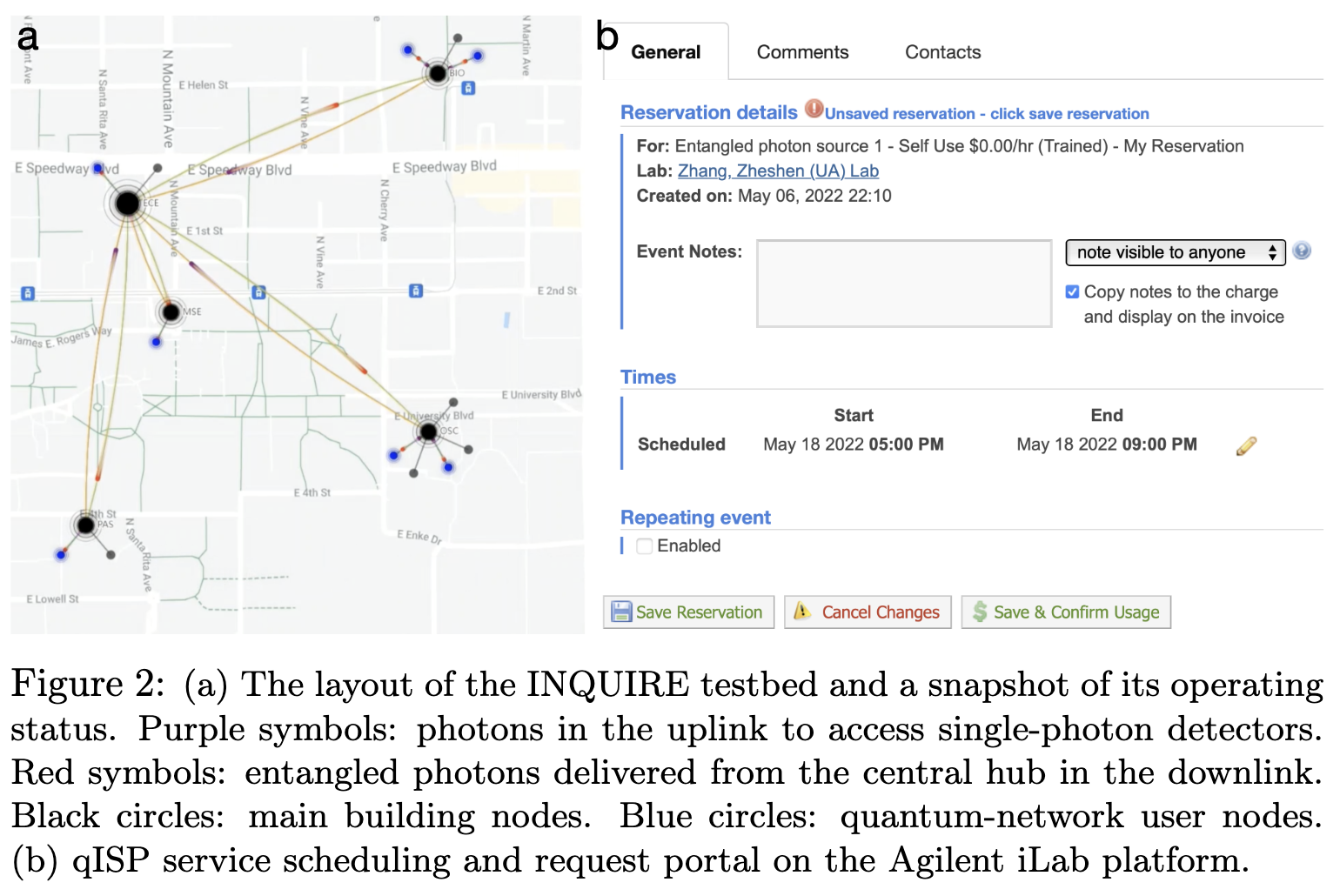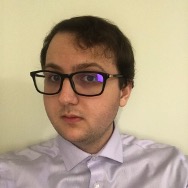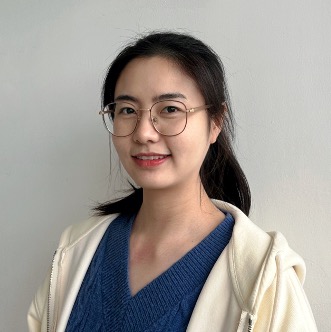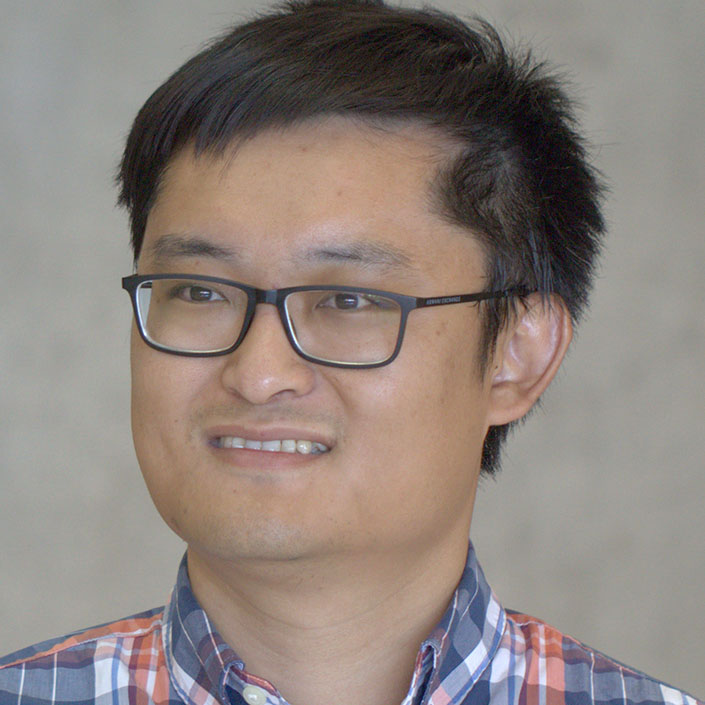
ExpandQISE: Track 1: Virtual Quantum Networks: From Foundations to Field Tests
Project Synopsis
 The emergence of quantum networks has
sparked a technological revolution envisaged to shift the landscape of communication,
sensing, and computing in the forthcoming decades. While ongoing efforts in building
quantum networks are broad, immense, and even like ``arms race'', existing quantum
network systems are still local, small-scale, and application-specific
(e.g., designed for quantum key distribution), which is reminiscent of the era of
internet onset. Looking ahead, the expansion of quantum networks, if without thoughtful
planning, will inevitably lead us into the same pitfalls as classical
internet such as network ossification and resource wastes.
The emergence of quantum networks has
sparked a technological revolution envisaged to shift the landscape of communication,
sensing, and computing in the forthcoming decades. While ongoing efforts in building
quantum networks are broad, immense, and even like ``arms race'', existing quantum
network systems are still local, small-scale, and application-specific
(e.g., designed for quantum key distribution), which is reminiscent of the era of
internet onset. Looking ahead, the expansion of quantum networks, if without thoughtful
planning, will inevitably lead us into the same pitfalls as classical
internet such as network ossification and resource wastes.
The goal of this project is to develop a general-purpose, open-access, and programmable quantum network prototype for the quantum information science and engineering (QISE) community to experiment new quantum technologies and train teachers/students of all majors, thereby accomplishing the vision of coordinating diverse research efforts and expanding the QISE workforce. The key methodology to be applied is virtualization that will turn a physical quantum network fabric into multiple independent software-controlled network overlays for concurrent and hardware-agnostic network access. An overview of the proposed research & education activities are displayed in Figure 1.
 This project will be based on a
quantum network testbed in the University of Arizona (UA), which was developed by
co-PI Zhang's lab and colleagues. The testbed is shown in Figure 2.
Specifically, the INQUIRE testbed consists of 14 network nodes residing in 6 buildings
across
the UA campus, connected by more than 100 optical fibers and a free-space
line-of-sight link, as shown in Figure 2a. At present, the key
functionalities of INQUIRE include the generation and distribution of entangled-photons,
remote access to single-photon detectors, and scheduling and routing of quantum
resources. As a precursor of VQNs, the INQUIRE testbed currently serves as a
quantum internet service provider (qISP) that is fully automated and centrally
managed by the Agilent iLab platform. Quantum-network users remotely log into the
iLab platform to request access to the quantum resources including entangled photons
and single-photon detectors, as illustrated by Figure 2b. The qISP
of INQUIRE shares, manages, and maintains quantum resources for a large number of
network users in a time-multiplexed manner. The capability qISP of INQUIRE can be
substantially enriched by the new VQN architecture, protocols, and applications to
be pursued in this project.
This project will be based on a
quantum network testbed in the University of Arizona (UA), which was developed by
co-PI Zhang's lab and colleagues. The testbed is shown in Figure 2.
Specifically, the INQUIRE testbed consists of 14 network nodes residing in 6 buildings
across
the UA campus, connected by more than 100 optical fibers and a free-space
line-of-sight link, as shown in Figure 2a. At present, the key
functionalities of INQUIRE include the generation and distribution of entangled-photons,
remote access to single-photon detectors, and scheduling and routing of quantum
resources. As a precursor of VQNs, the INQUIRE testbed currently serves as a
quantum internet service provider (qISP) that is fully automated and centrally
managed by the Agilent iLab platform. Quantum-network users remotely log into the
iLab platform to request access to the quantum resources including entangled photons
and single-photon detectors, as illustrated by Figure 2b. The qISP
of INQUIRE shares, manages, and maintains quantum resources for a large number of
network users in a time-multiplexed manner. The capability qISP of INQUIRE can be
substantially enriched by the new VQN architecture, protocols, and applications to
be pursued in this project.
Personnel and Collaborators
Research Progress
-
[4]
The Road to Quantum Internet: Progress in Quantum Network Testbeds and Major Demonstrations
J. Liu, T. Le, T. Ji, R. Yu, D. Darfurnik, G. Byrd, and D. Stancil, Elsevier Progress in Quantum Electronics (PQE), Vol. 99, 100551, 2025.
-
[3]
Distributing Arbitrary Quantum Cluster States by Graph Transformation
T. Ji, J. Liu, and Z. Zhang, IEEE Transactions on Communications (IEEE TCOMM), Under Review. [arXiv]
-
[2]
Qubit Recycling in Entanglement Distillation
S. Pelletier, R. Yu, G. Rouskas, J. Liu, 2023 IEEE International Conference on Quantum Computing and Engineering. (IEEE QCE'23).
-
[1]
A Heuristic Remote Entanglement Distribution Algorithm on
Memory-Limited Quantum Paths
L. Chen, K. Xue, J. Li, N. Yu, R. Li, J. Liu, Q. Sun J. Lu, IEEE Transactions on Communications, Vol. 70, No. 11, pp. 7491-7504, 2022. (IEEE TCOM).
-
[1]
Title: Software Virtualization and Resource Allocation in Quantum Networks (MS Thesis)
Mr. Raj Madhu, March 06, 2025.
Education and Outreach Activities
CSC/ECE 591/791: Quantum Communications and Network
Course Syllabus:
[this
link]
Description: Quantum communications
is no longer
a myth but a revolutionary technology that is just around the corner.
This
course covers the cutting-edge topics of quantum communications and
network
(QCN). The objective of this course is to provide students with the
theoretical foundation, simulation methods, and research frontiers of
QCN
through pedagogical activities such as lecturing, paper reading and
presentation,
and projects.
The covered topics by this course include (but not limited to) quantum gates/operations, entanglement, teleportation, error control, purification, metrics for performance assessment, optical channel modeling, network graphs and quantum graph states, and quantum applications.
The covered topics by this course include (but not limited to) quantum gates/operations, entanglement, teleportation, error control, purification, metrics for performance assessment, optical channel modeling, network graphs and quantum graph states, and quantum applications.
Semesters of Offering: Fall 2022,
Spring 2023
Enrollment: 10 (Fall'22), 9
(Spring'23)
Course Outcome: [Rating - Fall'22],
[Comments - Fall'22];
[Rating - Spring'23],
[Comments -
Spring'23]
-
[3]
Protocol Design For Quantum Entanglement Distribution Networks (invited talk)
Triangle Quantum Seminar, UNC-NCSU-Duke, Raleigh, 2025.
-
[2]
Entanglement Distribution Networks: From the Lens of Protocol Design (invited talk)
Quantum Information Technology Workshop, University of Michigan, Ann Arbor, 2025.
-
[1]
Quantum Networking for Distributed Quantum Computing Systems (panel discussion)
NSF CSR PI Meeting, Duke University, Durham, 2023.
Disclaimer
Any opinions, findings, and conclusions or recommendations expressed in this
material are those of the author(s) and do not necessarily reflect the views of the National
Science Foundation.



